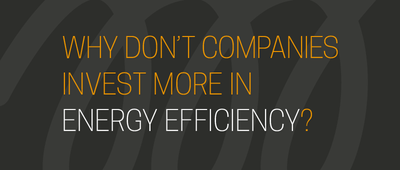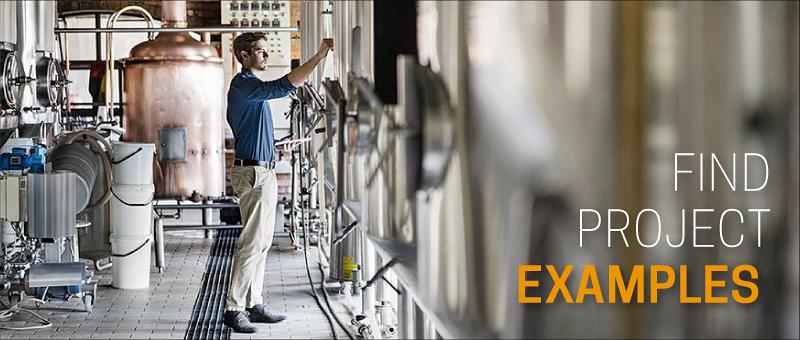Users TCP and IEA survey on behavioural insights for energy policy
(16 Jun 2020) The Users TCP, in partnership with the IEA, has initiated a project to examine global best practices in the use of behavioural insights for energy policy. They now invite energy experts to fill out a survey to gather additional insights, by 22 June.
The Users TCP and the IEA Energy Sector Behavioural Insights Platform aims to identify where policy makers are using behavioural insights in the design and implementation of concrete energy policy initiatives, and to highlight best practices by discussing what works and what does not work. The Platform will create a global network of policy makers sharing knowledge on the use of behavioural insights for energy policy.
According to the organisations behind the survey, policy makers often observe a disconnect between the expected outcomes of a policy and the actual outcomes – a “policy performance gap”. Often, this occurs because people behave differently to the way policy makers had expected in response to policy. Partly, this is because when designing and implementing policy, policy makers sometimes resort to “rules of thumb” about human behaviour, often based on standard economic theory. The term “behavioural insights” refers to knowledge acquired from behavioural sciences — such as behavioural economics, psychology and neuroscience — about how humans behave.
The organisations behind the platform point out that behavioural insights are important for all policies designed to change individual, household and business behaviour. From labelling schemes that encourage purchases of energy efficient appliances, to vehicle registration charges increasing with vehicle pollution emissions, human decisions (both conscious and unconscious) affect how people respond to policies. Recognising and accounting for the complex behavioural mechanisms that underpin people’s energy consumption patterns and energy-related investment decisions is therefore key to designing effective policies. Incorporating behavioural insights throughout the policy cycle can help ensure that energy policies are designed to work with people’s likely behaviours, reducing the policy performance gap.
A survey is ongoing to gather information on policies and programmes leveraging behavioural insights for demand-side energy policies, including policies for energy efficiency, demand response and distributed energy generation and storage. If you know of or have been involved in a policy or programme you would like to highlight (completed or ongoing), please complete the survey at this address, preferably by June 22.
If you are interested in learning more about the project or the survey, please contact Elisabetta.CORNAGO@iea.org







